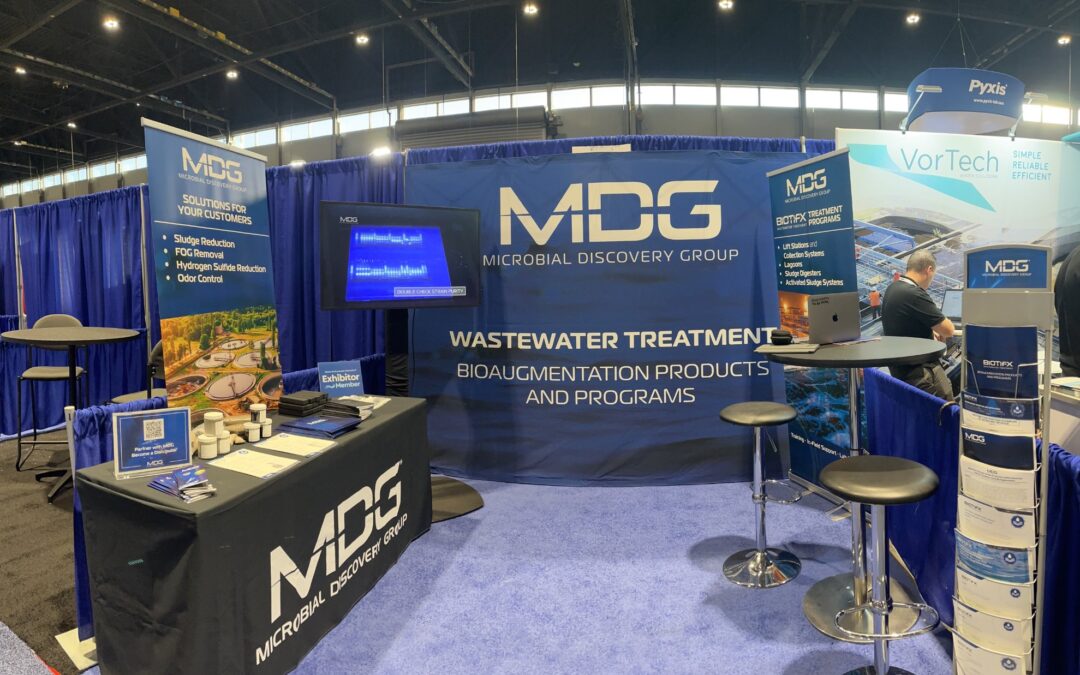Many people have been stocking up on toilet paper over the past few weeks. If you haven’t visited the toilet paper aisle in a while, you may be making tough decisions. Most grocery store TP shelves quickly started to collect dust. A lack of toilet paper means that many will turn to alternatives, causing issues for homeowners and municipalities if steps aren’t taken.
No toilet paper means Kleenex, wipes, paper towels, shop towels, rags, and newspapers will make their way into the sewer systems. Many of you are already aware of the problems wipes are causing for municipalities. Additionally, homes with septic tanks will cause great problems if they are flushing paper towels and newspaper to their systems.
The materials within these TP alternatives are hard to digest. When a sewer system can’t handle the load, it backs up into your own house or apartment. The backup may be caused from your house or your neighbors but regardless of who started the problem, it can quickly turn into a neighborhood disaster.
With backups comes the stink, the E. coli, and the viruses. Viruses are always a concern but with the subject heightened around COVID-19, MDG wants to caution everyone to rethink what they put down their toilets. The CDC suggests that we don’t know yet if COVID-19 will survive in raw sewage. However, we do know that the SARS virus does survive 2-14 days in raw sewage. It is not a stretch to believe COVID-19 could do the same, but rather than living in fear, let’s all agree no one wants raw sewage backing up in their house (virus or no virus).
Having this background, what action can we take?
- Refrain from hoarding toilet paper. Spare and share more than a square.
- Use your toilet paper sparingly and use it only for its intended purpose.
- Consider bidets and spray systems. When I go to India, they don’t use toilet paper but rather spraying systems. No toilet paper in the bathroom at all (I had to ask for it, received little).
- Municipalities should be working diligently to plan ahead.
- Plan on cleaning your screens or screening systems more often.
- Inspect your lines and lift stations more often.
- Remove as much sludge and fats, oils, and grease from your sewage lines and lift stations as much as possible. This build-up will entrap wipes, paper towels, rags, etc.
- MDG can help with this as can others if we work together.
I appreciate everyone taking the time to get ahead of the consequences associated with overstocking their homes with toilet paper. The more we work together, the better we will weather this storm. MDG is glad to help if you need us, but as long as you read and act, we have done our part.
Feed. Clean. Save.
Michael King, Ph.D.
CEO and Chief Scientific Officer
Microbial Discovery Group









